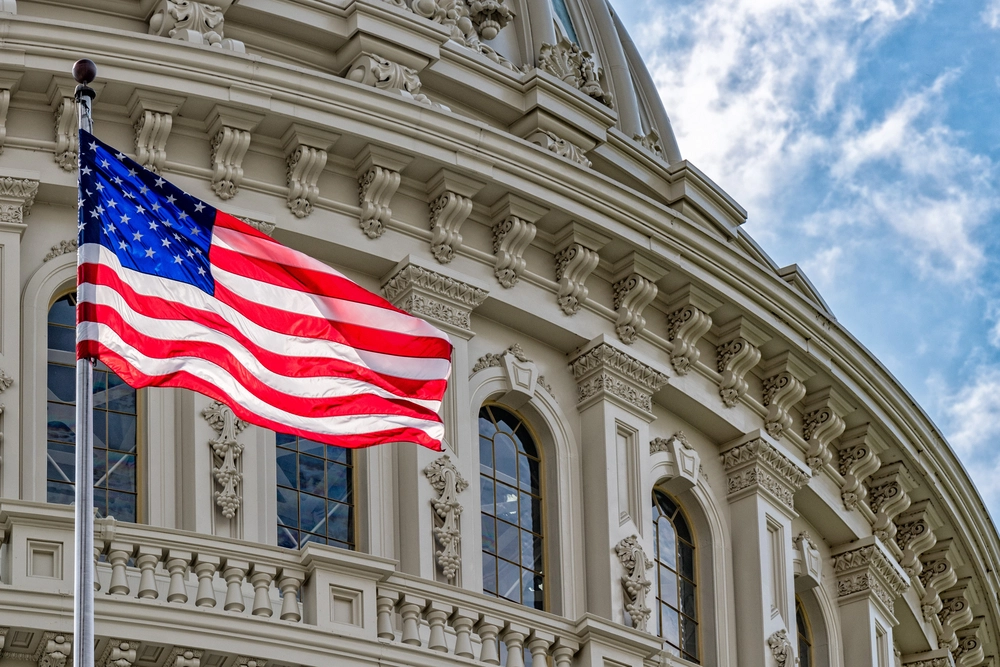Earlier this week, Congress passed a resolution to extend the 2018 Farm Bill until September 30, 2024. President Biden signed the funding bill late yesterday.

President Biden has signed a funding bill that extends the 2018 Farm Bill for another year.
The funding resolution received bipartisan support, passing the House in a 336-95 call and the Senate 87-11. It allows for some breathing room for lawmakers to write a new farm bill, although farm groups and advocates urge legislators not to take too long.
Rob Larew, president of the National Farmers Union, said in a statement that while the NFU is encouraged by the support for the extension, it will now “urge Congress to channel that success toward getting a new farm bill done in a timely fashion. Family farmers and ranchers must have clarity about the status of farm programs to make informed planting and business decisions heading into the next growing season,” and the current extension only provides that clarity in the short term.
President of the American Farm Bureau Federation, Zippy Duvall, echoes that statement, asking the House and Senate to “stay focused” on creating a new, modern Farm Bill. “The current bill was written before the pandemic [started], before inflation spiked and before global unrest sent shock waves through the food system. We need programs that reflect today’s realities,” says Duvall. “While an extension is necessary, they’re running out of time to write a new bill.”
The leaders of both House and Senate agricultural committees seem to understand those fears, issuing a joint statement reaffirming their commitment to a new piece of legislation. “As negotiations on funding the government progress, we were able to come together to avoid a lapse in funding for critical agricultural programs and provide certainty to producers. This extension is in no way a substitute for passing a five-year Farm Bill and we remain committed to working together to get it done next year.”
Discussions and negotiations on the new Farm Bill have been stymied by opposing views on issues such as crop subsidies and funding for support programs such as the Supplemental Nutrition Assistance Program (SNAP), which makes up around 80 percent of the bill’s spending. Republicans have pushed for more work requirements and stricter limits on SNAP accessibility, while Democrats have opposed the ideas.
The funding extension also avoids some of the dangers of letting key funding lapse at the end of the year, including what’s known as the “dairy cliff.” In the 1940s, permanent laws were created to establish safety nets for certain commodities deemed essential, including milk. The government was directed to buy dairy at inflated prices to support farm production. That law gets suspended with each Farm Bill, and without a new Farm Bill, there are fears that prices for dairy could shoot up dramatically.
No subsidies of any kind for New Zealand farmers